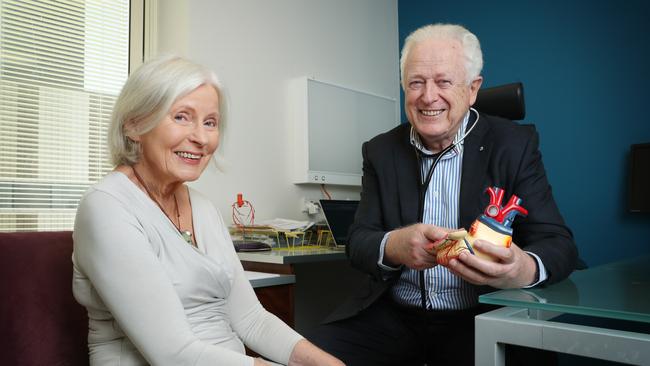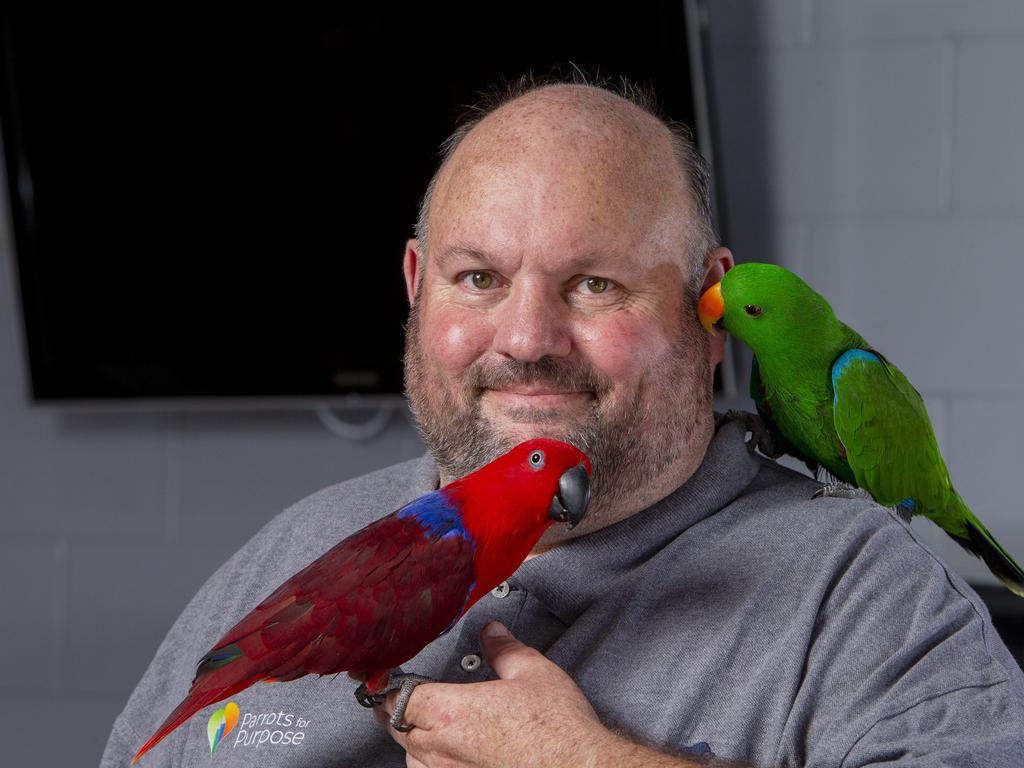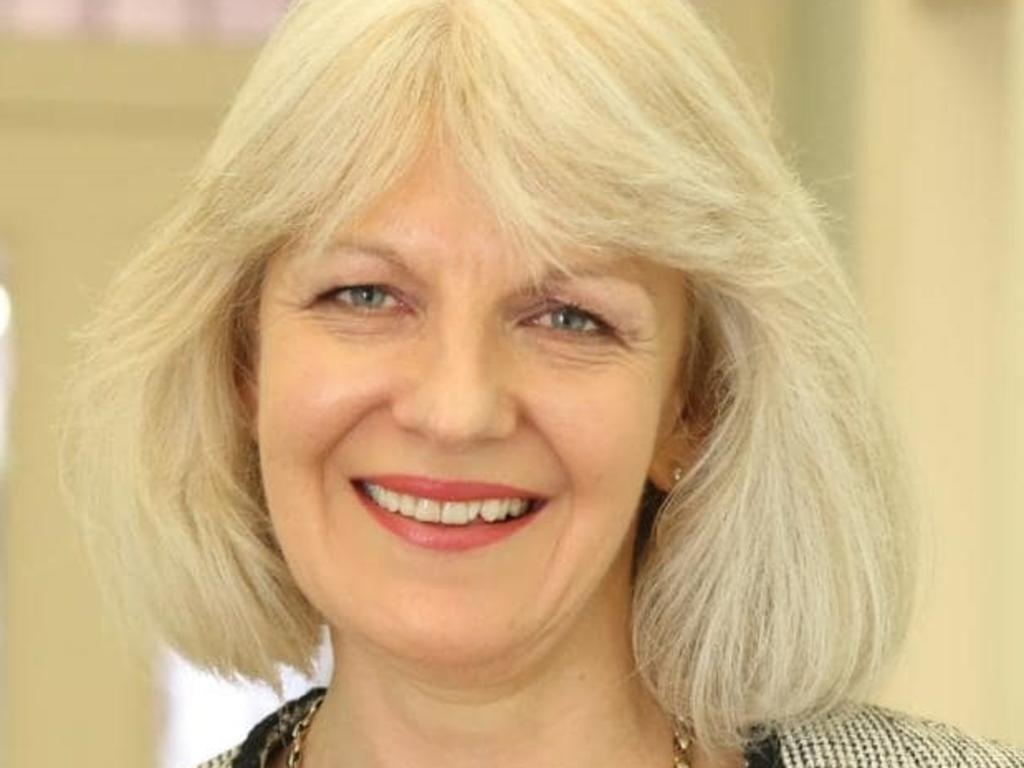Artificial intelligence gives new hope for sufferers of severe heart problem
New AI software can improve the diagnosis of severe aortic stenosis by 72 per cent and could potentially change the lives of about 50,000 Australians who are misdiagnosed each year.

New artificial intelligence software can improve the diagnosis of severe aortic stenosis by 72 per cent and could potentially change the lives of about 50,000 Australians with the life-threatening condition who are misdiagnosed each year.
The EchoSolv diagnostic software identified more than twice as many cases of the disease, a narrowing of the heart valve, than humans, according to research conducted by St Vincent’s hospitals in Sydney and Melbourne that compiled more than 9000 studies.
St Vincent‘s Hospital Cardiology and Heart Lung Program director Michael Feneley said the research found 218 human-found patients with the condition compared to 442. “It turns out we humans only found about half of the patients with severe aortic stenosis in the sample and the AI found the rest,” he said.
Currently cardiologists diagnose severe aortic stenosis by manually reviewing dozens of echocardiograms, which are pictures of the heart, to identify about a dozen common problems.
About half of severe conditions and more than two-thirds of cases in women are missed under current diagnostic methods.
University of Notre Dame professor Geoff Strange, the principal investigator on the research, said in Australia there were about 100,000 patients with a treatable form of the disease and about a quarter of a million with some kind of valvular disease. “We’re treating about 10,000 – that’s a big deficit of patients,” he said
Prof Strange said the EchoSolv addressed misdiagnosis by reviewing measurements collected during a cardiac ultrasound, the most common procedure to detect valvular heart disease, and painting a picture of the condition of the heart.
“It gives a probability output in about 1.5 seconds for the clinician to know whether the patient in front of them has a high probability of severe aortic stenosis,” he said.
Prof Strange said the study had identified a number of biases in diagnosis including around symptoms and gender, with the condition going undetected in women compared to men.
“The reason this is overcome by artificial intelligence is because it doesn’t have any unconscious bias,” he said.
Merilyn Oaks, 81, was diagnosed with severe aortic stenosis in December 2020 and last week had her aortic valve replaced with a catheter.
Use of the EchoSolve technology could have detected her condition earlier but Ms Oaks said she was grateful for technological advancements that allowed her more time with her seven grandkids.
“Only a few of the older ones actually know I’ve had this procedure but they’re very keen for me to be around for as long as I possibly can,” she said.
“For me that’s a very good thing.”
Prof Feneley has been treating Ms Oaks and said she was the type of patient who could benefit from the EchoSolve and save her from undergoing invasive diagnostic procedures.
“I had to do quite an invasive procedure on her,” he said.
“I put an ultrasound probe down the oesophagus so I could get closer to the heart valve and managed to get an image of the valve where I can actually measure how narrow it was directly with an image.”








To join the conversation, please log in. Don't have an account? Register
Join the conversation, you are commenting as Logout